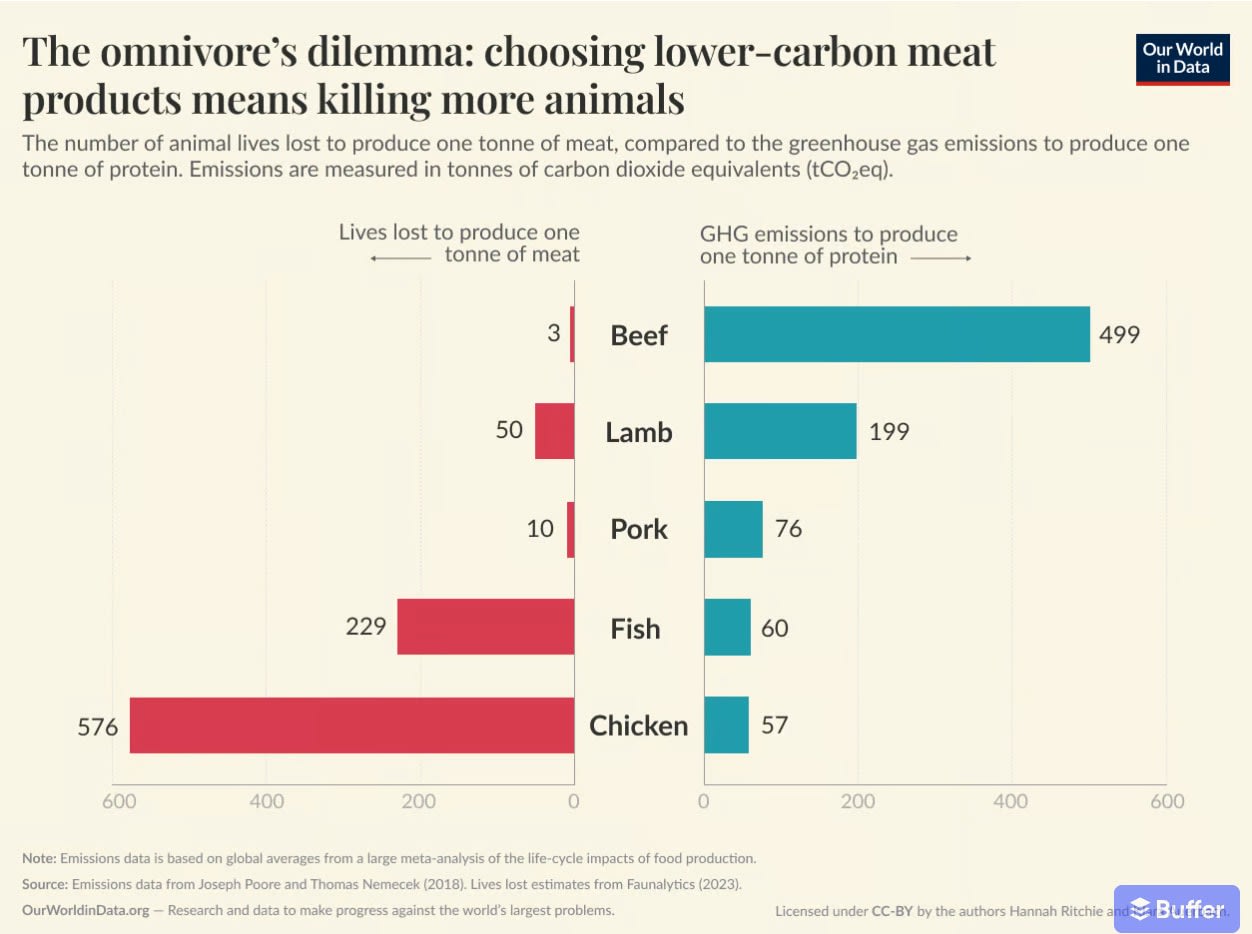This a submission for the Future Fund worldview prize addressing its two concerns:
1. Loss of control to AI systems
2. Concentration of power (with the help of AI)
Now I understand why we would be genuinely concerned about the possibilities above. Or why we would think that "with the help of advanced AI, we could make enormous progress toward ending global poverty, animal suffering, early death and debilitating disease." Our hopes and our worries are different sides of the same coin and I would suggest that in case of AI, both our hopes and worries might be, for the most part, misplaced. The reasons for that, however, have more to do with our own human nature than with AI itself.
See, the problem lies with us, humans. As things are, we are not fully functional, not living to our potential. Call it enlightenment, or self-actualization, most of us are simply not there, individually. I am being vague here on purpose, because information hazards, let's put it that way. But I would like to be specific at least explaining why some things might be not safe to share.
The reason is that, yes, knowledge is power. And, yes, the truth sets us free. However, with freedom and power comes responsibility. And it might sound like downer, but it's really not because that responsibility is before ourselves, first and foremost. See, we are not robots. Simply being productive is not enough. Simply having food on the table and a roof over our heads, having or basic needs taken care of is not enough. We need happiness just as bad, and if it keeps slipping away, we grow increasingly desperate, often to the point of becoming self-destructive. That is as true for every one of us individually, as it is true for our very troubled civilization.
In such circumstances, empowering ourselves with more knowledge, more AI, more tech would only make us more efficient at destroying ourselves and our planet.
So what makes us happy then? Well, it's not complicated, if a bit tricky. See, when it comes to ensuring our basic needs, we must take care of ourselves first in order to stay productive. It's like with oxygen masks -- you put your own first. That, unfortunately, makes it easy to try and reach happiness the same way -- except that with happiness, the rules are literally the opposite. Our own happiness cannot and will not last unless we ensure it for others -- which, in our interconnected world, means everyone else on the planet.
That, by the way, is the meaning of Zulu word ubuntu -- "I cannot be happy apart from others."
So that is where the road has to start -- understanding that truth, accepting it, and actually getting serious about it. As in getting creative about actually making it happen. See, the life is only unfair in the sense that it doesn't care how much effort we put, how hard we try. It only cares about the end result -- have we ensured everyone's happiness, or not? And that's why creativity, entrepreneurship, if you want, toward reaching that goal is the key.
Thank you for reading this far.



Interesting thoughts. But do you think AI will, on balance, help or hurt us in this quest?